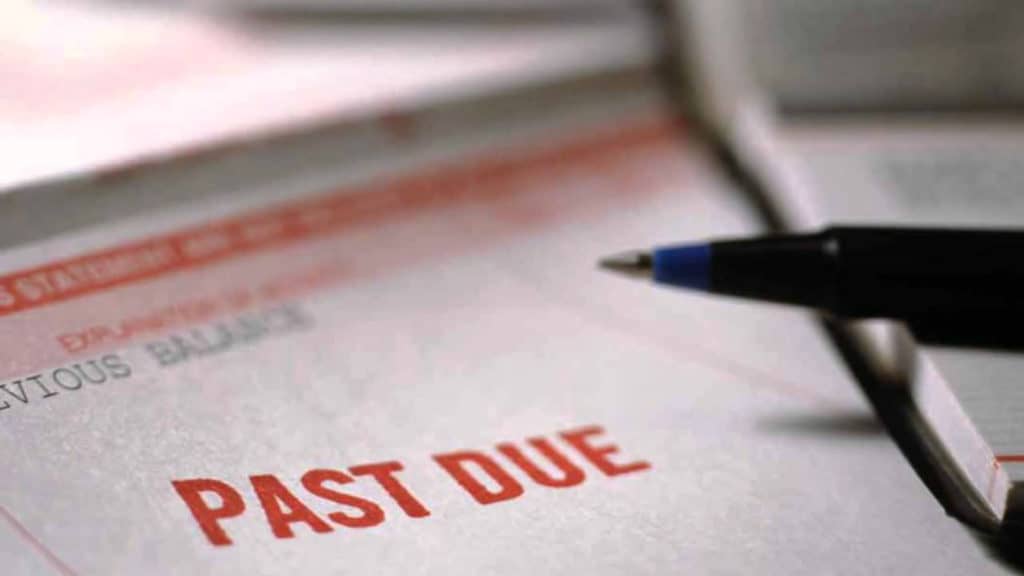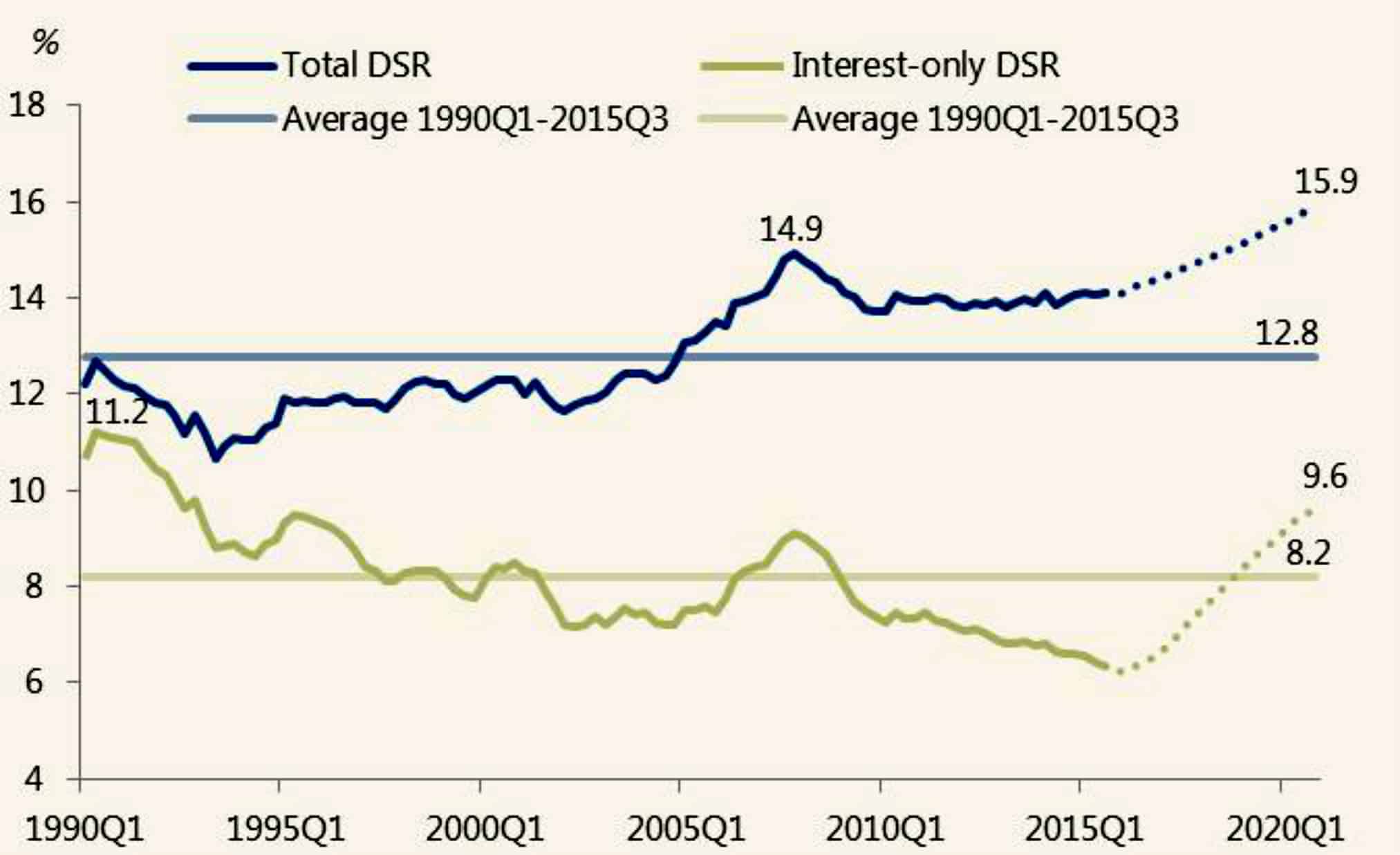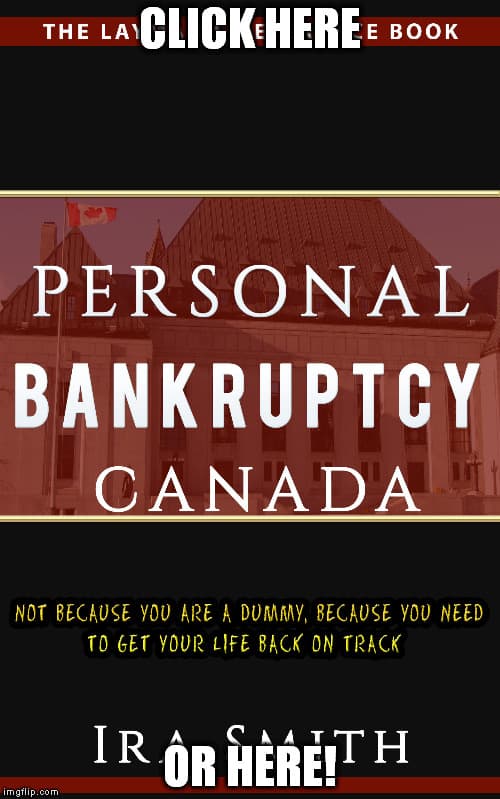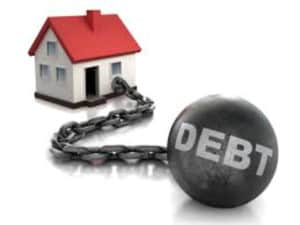 Introduction to bankruptcy and divorce from a Vaughan licensed insolvency trustee (“GTA Vaughan bankruptcy trustee”)
Introduction to bankruptcy and divorce from a Vaughan licensed insolvency trustee (“GTA Vaughan bankruptcy trustee”)
As a GTA Vaughan bankruptcy trustee, I’ve never met anyone who had something good to say about bankruptcy and divorce. At times both are a necessary evil, but it’s never fun. Although divorce has been the butt of jokes by comedians for decades, it’s no laughing matter, especially financially.
This quote may be more telling than funny:
Let’s be blunt: If you hire a divorce lawyer today, there is a good chance you will hire a bankruptcy lawyer within two or three years.
Gene Meyer
GTA Vaughan bankruptcy trustee discusses debt issues and divorce financial solutions
When couples decide to divorce, few have any idea of what the split is really going to cost and what each party will be left with after the divorce. The goal of divorce and the divorce process and results are two very different things. Here’s the reality of most Canadians’ financial situations:
- The debt-to-disposable income ratio was 165.3% for the first three months of 2016 (Statistics Canada)
- Households owe $1.65 in debt for every dollar of disposable income they have (Statistics Canada)
- Total household debt, which includes consumer credit, and mortgage and non-mortgage loans, totalled $1.933 trillion at the end of the first quarter (Statistics Canada)
- Balances on consumer loans including credit cards and lines of credit grew by 2.6% year-over-year, driven primarily by the continued popularity of lines of credit and auto loans (RBC)
- Mortgage loan balances were up 6.2% from the same quarter of the prior year (RBC)
- The average Canadian owed $21,580 in non-mortgage debt during the most recent quarter (TransUnion)
Many Canadians are already teetering on the edge of financial disaster without throwing divorce into the mix. Even if you have an amicable divorce, the cost of an uncontested divorce ranges from $1,000 to $3,500, according to a 2015 Canadian Lawyer’s legal fees survey. If your divorce gets messy the fees can be astronomical. Living two separate lives costs a lot more than living together as a couple. Do you have a clear understanding of what your monthly expenses are? Do you have a budget? These are just some of the divorce financial solutions that as a Vaughan bankruptcy trustee we recommend to people that they have to know about it beforehand.
What can I do if I have too much debt – divorce or no divorce?
Whether you live in the GTA or elsewhere, take the advice of a GTA Vaughan bankruptcy trustee and get your financial house in order before you begin divorce proceedings or you may be looking at bankruptcy and divorce or bankruptcy alternatives down the road. Contact the Ira Smith Team for advice and a solid plan to deal with serious debt issues. We will give you a free first consultation to discuss your options and we can help you get out of debt Starting Over, Starting Now.





 Many Canadians must not follow a household budget. Canada has a lot to be proud of, but not the dubious honour of being a world leader in
Many Canadians must not follow a household budget. Canada has a lot to be proud of, but not the dubious honour of being a world leader in  Binge borrowing raises Canada’s household debt burden
Binge borrowing raises Canada’s household debt burden


